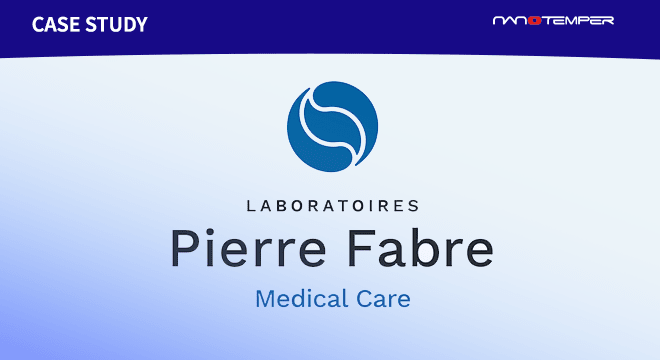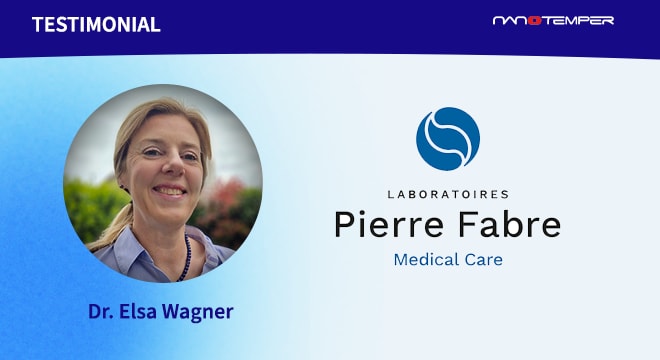Vaccines are biological products derived from living organisms that provide an immune response to pathogens or diseases.While research efforts in developing vaccines continue to increase, scientists face many challenges when it comes to characterizing, optimizing and manufacturing them as they are more complex than traditional therapeutics. The two key components of a vaccine are the antigen, which exist in many different varieties and the adjuvant, used to improve the immune response. Successful vaccine development requires a deep understanding of both of these components, their stability, interaction and efficacy.
We will share examples of precisely monitoring stability of antigens as well as their interaction with different formulations of adjuvants and how researchers can use this information during all the characterization steps—from exploratory to manufacturing phases and in complex matrices— to develop new vaccines that can be used to address various diseases.



















